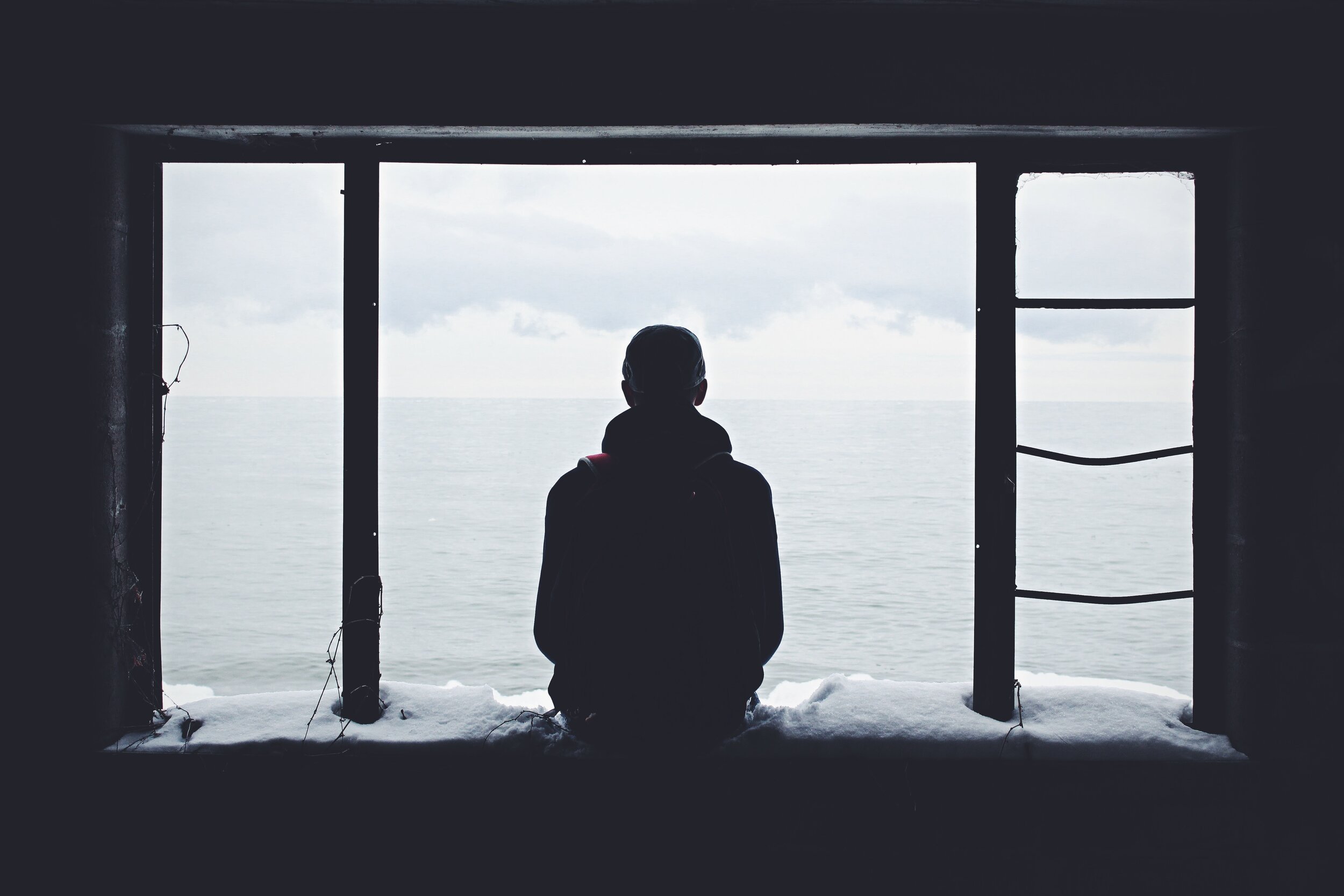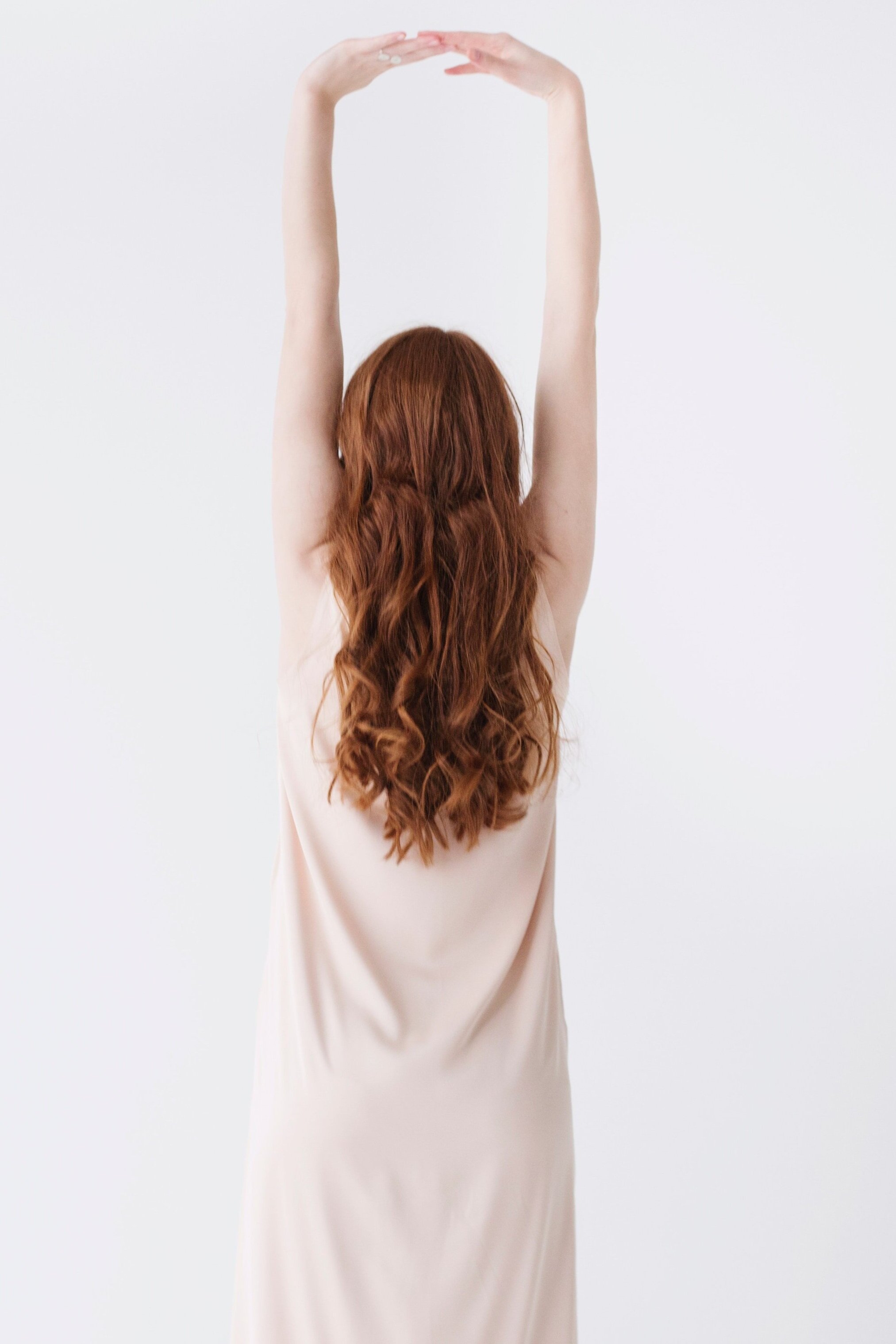Beat Spring Allergies by Getting Acupuncture Now
/Who doesn't love spring? The weather is warmer, the colors pop, birds are chirping and days are longer.
But with that, especially for allergy sufferers, comes an increase in pollen and other allergies causing sneezing, sniffling, itchy eyes, headaches, and an overall sense of feeling not-so-great. Right?
If you're tired of the same allergy-fighting routine and are looking for a more holistic approach, be sure to give acupuncture a try. As CNN reports, acupuncture treatment just might be an antidote for allergies.
The article cites a study published in the journal Annals of Internal Medicine, where researchers examined 422 people who tested positive for pollen allergies and had allergic nasal symptoms such as a runny nose. They were then divided into three subgroups, one which received 12 acupuncture treatments and took antihistamines as needed, a second group which received 12 fake acupuncture treatments and took antihistamines as needed, while the third who only took antihistamines for symptoms.
After two months, patients were asked to report their symptoms as well as how much medication they used. The results? The participants who received the real acupuncture treatments with their antihistamines showed a greater improvement in their allergy symptoms and less use of antihistamines compared to the other groups.
It's long been known that acupuncture can help with pain and inflammation, which are two symptoms of allergies. The ancient procedure can also help repair the flow of qi throughout the body, along the meridian pathways. In session, be sure describe the symptoms to your practitioner so they can strategically place the acuneedles at targeted points.
If you find yourself suffering from seasonal allergy symptoms, come on in and give treatment a try. You have nothing to lose (except your stuffy nose, that is!)






















